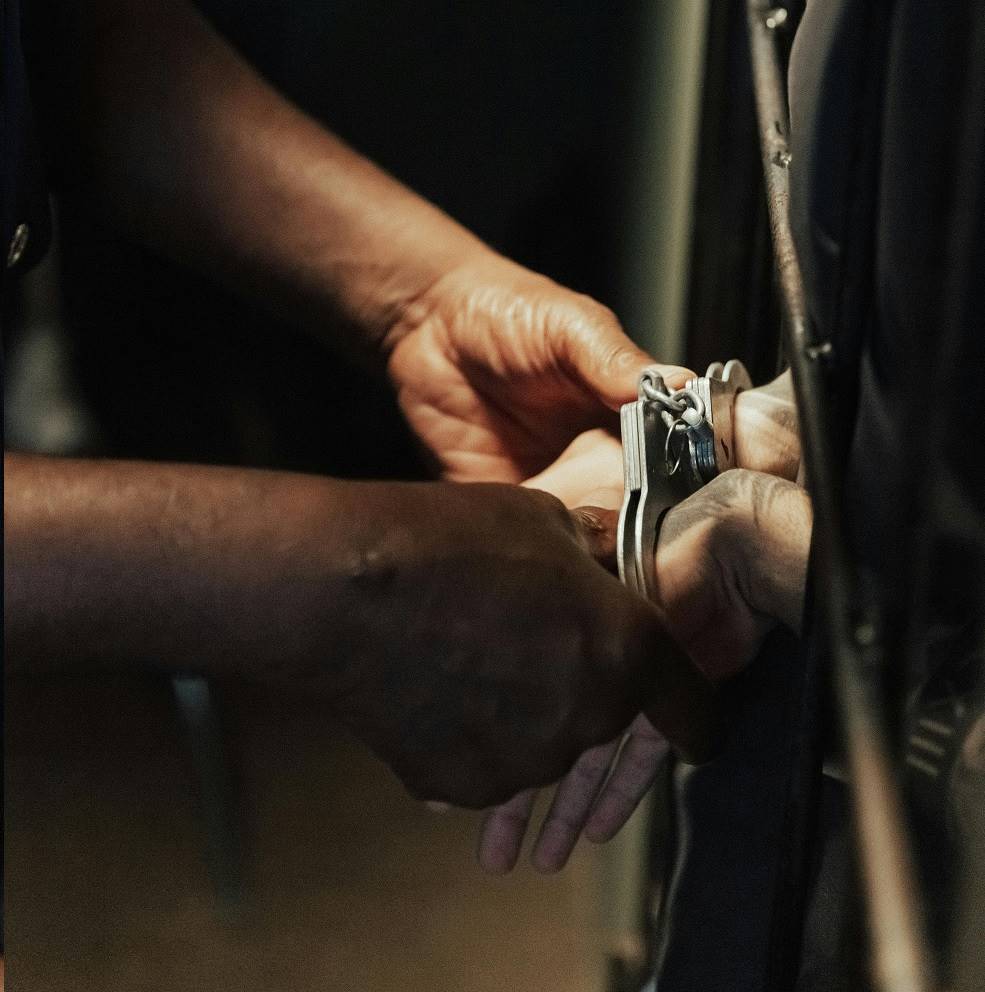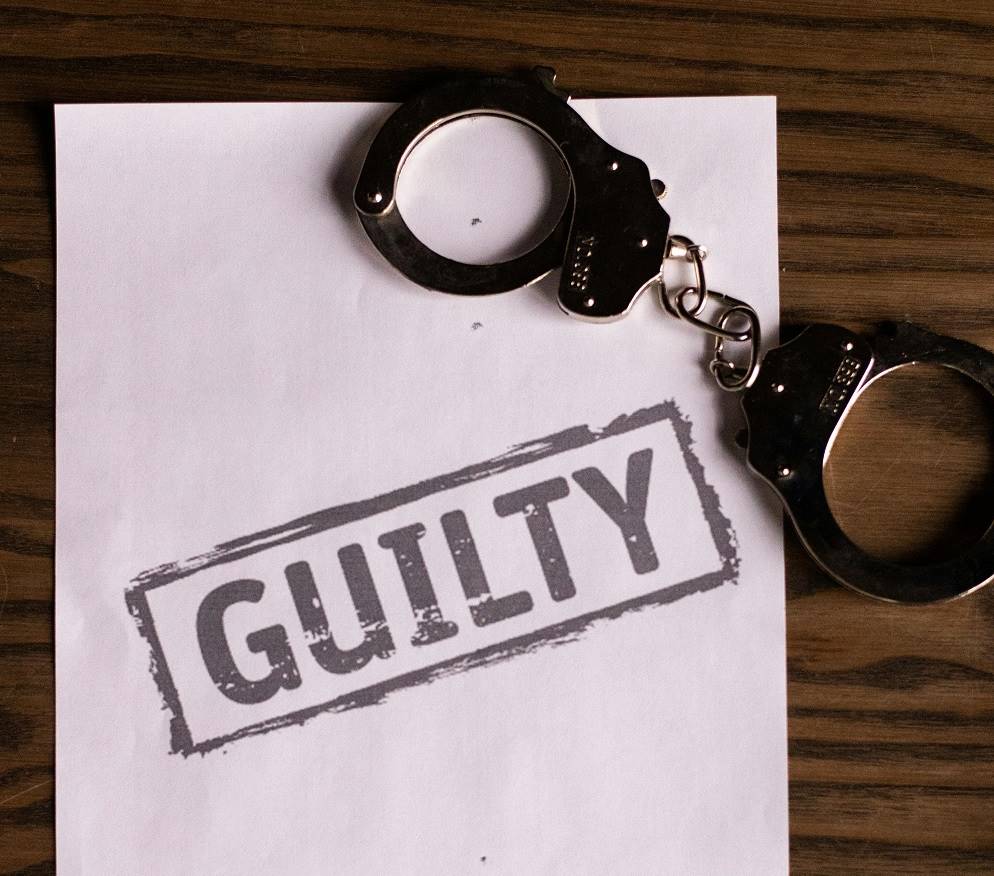What Is a Character Reference in an Assault Case?
A character reference in an assault case is a written statement that speaks to the accused person’s reputation, personality, and overall conduct within the community. It’s usually written by someone who knows the individual well — such as an employer, teacher, coach, neighbour, religious leader, or long-time friend. The letter should highlight the person’s positive traits, sense of responsibility, and contributions to family or community life.
Unlike a witness statement, which focuses on what someone directly observed regarding the alleged incident, a character reference is about the accused’s character outside the offence. Its purpose is not to argue innocence or guilt but to give the court a broader understanding of the person beyond the charges.
When used effectively, a character reference can help humanize the accused in the eyes of the judge, showing that they are a valued and contributing member of society. This may support leniency during sentencing or demonstrate potential for rehabilitation.
Why Character References Matter in Alberta Courts
In Alberta’s criminal justice system, character references play an important role during sentencing hearings, especially in assault cases. Judges are required to consider not just the offence itself but also the offender’s personal background, behaviour, and potential for rehabilitation. A well-written character reference provides valuable insight into the accused’s reputation, attitude, and contributions to their community — details that might not emerge during the trial.
During sentencing, these letters help the court assess the accused’s remorse, credibility, and overall character. When a reference comes from a respected source — such as an employer, religious leader, or community volunteer supervisor — it can strengthen the defence’s position by showing that the accused accepts responsibility and is supported by their community.
Character references often carry the most weight in first-offence or minor assault cases, where the judge may be deciding between jail time, probation, or a conditional discharge. Demonstrating that the accused has a stable, law-abiding life and genuine community support can influence the court toward a lighter or alternative sentence focused on rehabilitation rather than punishment.
Elements of an Effective Character Reference
Honesty and Credibility
The foundation of a strong character reference is honesty. Exaggerating achievements or portraying the accused as flawless can damage credibility and may even undermine the defence. Judges can often recognize when a letter feels insincere or overly polished. It’s far more persuasive to acknowledge both strengths and areas for improvement, while demonstrating that the accused is making meaningful efforts toward personal growth and rehabilitation.
Relationship to the Accused
The relationship between the writer and the accused carries significant weight. Letters from people who have known the accused for many years—such as long-term employers, mentors, coaches, or family friends—tend to be more impactful than those from casual acquaintances. The closer and more genuine the relationship, the more reliable the writer’s insight into the accused’s behaviour, values, and contributions.
Specific Examples
General statements like “he is a good person” or “she is kind” are less convincing without specific examples to back them up. Effective references include real-life stories that illustrate the accused’s positive actions—such as volunteering at community events, helping colleagues at work, or supporting family members in need. These details show the court that the accused has demonstrated responsibility and compassion in tangible ways.
Recognition of Responsibility
A persuasive character reference should also acknowledge awareness of the charge while emphasizing rehabilitation and potential for change. The writer doesn’t need to comment on guilt or innocence but should convey that the accused is taking the matter seriously, learning from the experience, and working to make amends. Judges appreciate references that reflect accountability and a genuine commitment to personal improvement.
How Defence Lawyers Use Character References Strategically
Mitigating Penalties and Supporting Discharge Requests
A Calgary assault lawyer often introduces character references to demonstrate that the accused is a responsible, contributing member of society who deserves leniency. These letters can help the court see the individual as more than the offence—someone capable of rehabilitation and unlikely to reoffend. When paired with other positive factors, such as counselling or community service, references can help the lawyer argue for reduced penalties, probation instead of jail time, or even a conditional or absolute discharge in less serious cases.
For example, a young first-time offender who received multiple glowing references from employers and community mentors might avoid a criminal conviction altogether, provided the judge is satisfied that they have learned from the incident and pose minimal risk to the public.
Timing of Character References
The timing of submitting character references is also strategic. Defence lawyers usually gather these letters before sentencing hearings or during plea negotiations, when the prosecution and court are deciding on an appropriate sentence. By presenting references early, the lawyer can shape the narrative—showing that the accused is already supported by their community and actively taking steps toward rehabilitation.
Examples of Positive Outcomes
Strong character references have, in some Alberta cases, led to conditional discharges, community-based sentences, or reduced fines. For instance, in cases where the assault was minor and out of character, judges have cited heartfelt references from employers and community members as factors that justified giving the offender a second chance. Similarly, a compelling letter highlighting an accused’s volunteer work or efforts to seek anger management counselling can sway the court toward rehabilitation-focused outcomes rather than punitive ones.
Common Mistakes When Writing a Character Reference
Lack of Specificity or Overly Generic Language
One of the most common errors is using vague or repetitive language that doesn’t tell the judge much about the accused. Statements like “he is a good person” or “she has learned her lesson” don’t carry much weight unless backed by concrete examples. A strong reference should describe specific instances of positive behaviour, such as reliability at work, community involvement, or caring for family members. The more detailed and personal the letter, the more persuasive it becomes.
Failing to Acknowledge the Seriousness of the Offence
Ignoring or minimizing the offence can make the letter appear uninformed or dismissive. The court expects writers to acknowledge the seriousness of the charge while emphasizing the accused’s remorse, accountability, and efforts to change. Pretending that the offence was insignificant can undermine the defence’s message of rehabilitation and responsibility.
Submitting Too Many Letters or Those from Biased Sources
Quality matters more than quantity. Submitting too many letters, especially from close family members who may appear biased, can dilute the overall impact. Judges value well-balanced, credible references—such as those from employers, teachers, or community leaders—over multiple emotional appeals from relatives. A few carefully chosen, sincere letters carry far greater weight than a stack of repetitive ones.
Ignoring Court Formatting or Submission Deadlines
Courts in Alberta often have specific guidelines on how and when to submit character references. Missing a deadline or failing to follow proper formatting (such as including the writer’s contact information and signature) can cause the letter to be rejected. Defence lawyers typically review and organize these letters to ensure they meet the court’s standards and are presented at the most effective time—usually during sentencing submissions.
How Many Character References Should You Submit?
Typical Number: Two to Four Letters
In most assault cases, two to four well-written character references are ideal. This range provides the court with enough perspectives to understand the accused’s background without overwhelming the submission. Each letter should be meaningful, distinct, and directly tied to the accused’s role in their workplace, family, or community. A small number of powerful, sincere letters carries far greater influence than a dozen generic ones.
Variety of Perspectives
A strong set of references should offer different viewpoints that reflect the accused’s character in various settings. For example, one letter might come from a supervisor who can speak to professionalism and responsibility, another from a long-time friend or mentor highlighting moral integrity, and a third from a community leader or volunteer coordinator recognizing the accused’s service or compassion. This balance gives the judge a more complete and credible picture of the person’s values and contributions.
Lawyer’s Role in Reviewing References
A skilled Calgary assault lawyer plays an important role in reviewing, editing, and selecting which character references to submit. Lawyers ensure the letters are formatted properly, follow court standards, and focus on themes that support the defence—such as remorse, accountability, and rehabilitation. They may advise clients to exclude weak or repetitive letters to maintain a focused and persuasive presentation.




